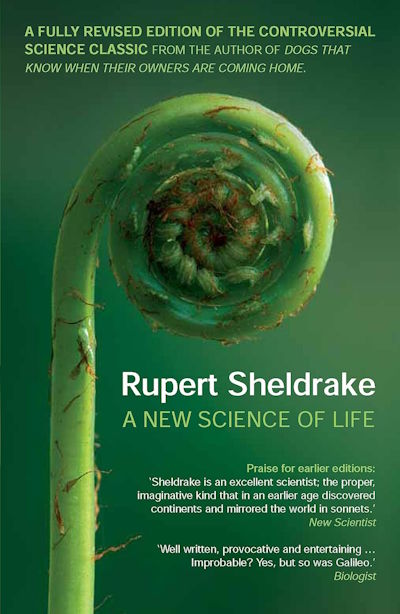 I hate to say, “I told you so!”, but: I told you so!
I hate to say, “I told you so!”, but: I told you so!
Actually, I don’t hate saying it. I’m relishing every second of this glorious moment, and I’m not ashamed to admit it.
Okay, I was ashamed for the few seconds it took me type the first sentence, but I got over it.
What the heck am I yammering about? Green hard drives, of course! You may recall a previous post I wrote:
Why You Don’t Want a Green Hard Drive
Recently, Seagate came out and openly called “BS!” on their own green hard drive BS.
I suppose we should praise them for this, but it would have been better if they hadn’t let their marketing bozos direct their engineering department in the first place!
Anyway, here’s what Seagate had to say according to Tom’s Hardware:
Few people would want to say anything negative about energy conservation. We all know that power costs money and consumes a dangerous amount of non-renewable resources. It follows that anything people can do to cut down on energy waste is worth doing. But is it?
[…]
In the hard drive space, Seagate is stepping forward first to deliver an awkward but necessary message.
“This green drive category that’s sort of popped up over the last few years is really more hype and marketing fluff than it is reality,” says David Burks, a product manager within Seagate’s desktop hard drive group. “A green drive is marketed around the idea of saving electricity.’ But especially in a desktop environment, when you look at the numbers and you run the math, depending on the drive, you’ll save 20 cents, maybe 50 cents at the top end, per year in electricity costs from using a green drive in a PC. Meanwhile, you’re losing as much as 30% to 40% in your hard drive performance because you’re using 5400 RPM drives.”
Seagate is so committed to this new position that the company is killing off its entire line of Barracuda Green (low power) drives.
Weeeell… Isn’t that a daisy?
Our friends at Tom’s Hardware even took my basic argument one step further: Since green harddrives are “up to 30 to 40% slower” than 7200 rpm drives, they also calculated the economic loss related to the slower performance of the drives. If you are forced to work slower, the rest of your computer (and lights, coffee maker, etc.) use more energy anyway.
In the end, green drives were never a good idea. They were never about saving energy. Green drives were about making money.
If you still don’t believe that, then carefully read the rest of this post, because you could learn something infinitely valuable about your own psychology that will serve you well in many other departments. And if you’re thinking, “Just who the hell does this guy think he is?”, the answer to that is, “I’m the guy who wrote the article you are reading right now – not the other way around.”
Anywho, don’t think that I’m not about saving energy. I am. I’m just smart enough to know that marketing people know that I want to save energy, and they will use every trick in the book to get me to buy their product.
In short, they will try to play on my legitimate desire to save energy, thereby causing me to buy a product that really does not save energy.
And then I’ll run around, telling everyone that they’re wrong and that I’m saving energy because of my green hard drive. In other words, “mine is better than yours” or perhaps, “I’m holier than thou”.
Probably both.
But the truth is that this kind of “Green BS” does nothing, other than:
- Make me buy an inferior product that is not only slower, but does not save energy in the long run
- Make me a liar by causing me to convince myself – and others – that I’m saving the planet, when in fact I’m doing nothing of the sort
Reread #2.
Now, I dunno about you, but I don’t like it when someone makes me a liar – especially to myself and my own principles.
So, kudos Seagate! While you didn’t make me a liar, at least you fessed up to your silly game in the end.


Good point. I hadn’t tohught about it quite that way. 🙂
Well, I never really thought much about buying “green products” to “save the planet”. From what I’ve seen so far, they’re just ridiculously pricey, you end up saving companies by relieving your wallets and/or pockets. As for the “green” hard drives, it doesn’t really take long to realize (if you know a bit about computers) that they’re not what they seem to be. Although the Seagate green drives are a bit cheaper than their other drives, they are significantly MUCH slower – something that’s really stupid when it’s supposed to be for a computer, not a typewriter. Then again, there are “slow” people out there, so thanks for the message, Scot. I enjoyed reading this.
Not only they are slower that are the worst drivers around for reliability. I have 2 Grean WD drives and both needed to be RMA within one year and one of them just “kaput” 30 days after the end of warranty!!